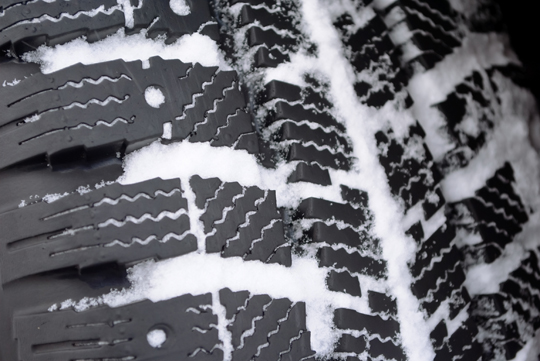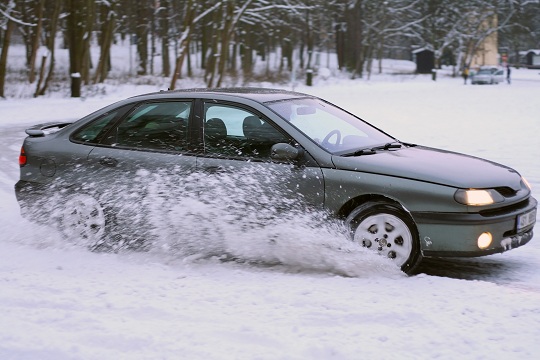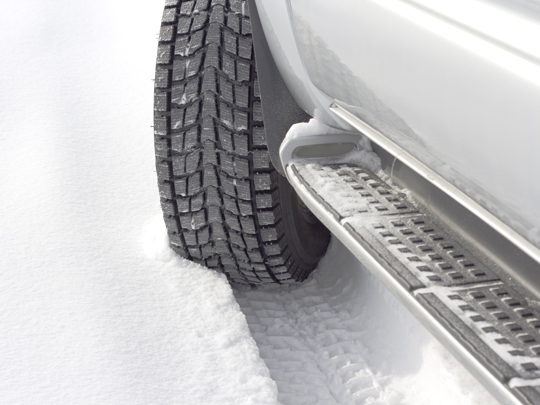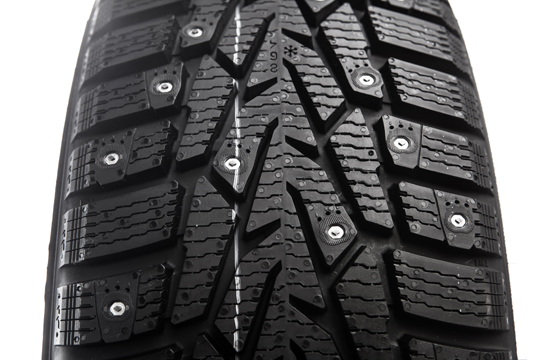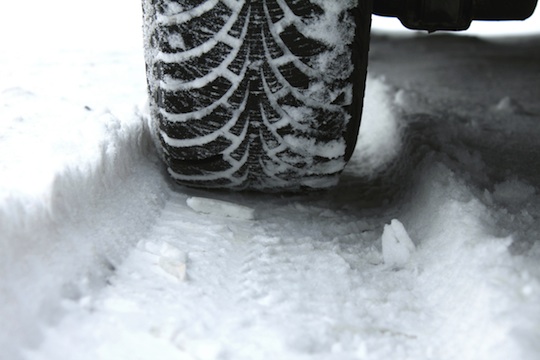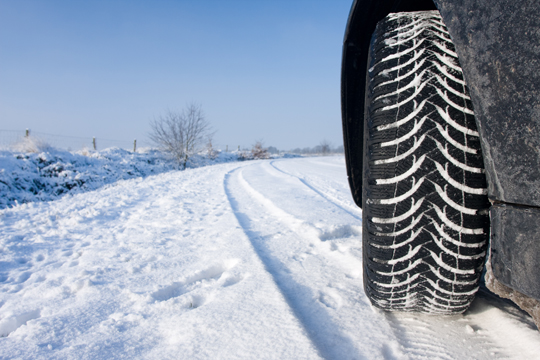Winter Tires
Winter tires, sometimes called snow tires, are different from regular tires in that they have more sipes. Sipes increase traction on wet and snowy terrains but decrease traction on dry roads. These tires are designed to be driven at temperatures below 45ᵒF.
All-season tires are not suitable in cold temperatures because they get hard and stiff when the temperature gets cold, as opposed to regular winter tires. Additionally, winter tires remain flexible during winter and have greater traction. However, a disadvantage of winter tires is that they tend to wear out faster in warmer temperatures.
Picking the Best High Performance Winter Tires
Finding the best high performance winter tires is not easy. Based on Consumer Reports, the best winter tires are the Michelin X-ice Xi3, Michelin X-ice Xi2, and Hankook i*cept evo. However, there are several factors you have to personally consider when choosing your winter tires.
1. First, you have to consider the tread pattern. At least 1,500 sipes is the norm. All-season tires have an average of about 200.
2. Winter tires are also composed of a different compound with a higher silica content that ensures that they stay softer and more pliable in colder temperatures.
3. Lastly, you will have to consider the cost of the tires. This is a big investment that you will have to make, unfortunately. Your safety, and your family’s safety, will depend on these tires.
Do not hesitate to spend even $1,000 for these tires because of the safety issues that you will have if you come into an accident if you use all-season tires during winter. Winter tires could be the difference between driving safely in the snow and getting into an accident.
Need Help?
You’ll want a professional to install winter tires for you. If you are having trouble finding a professional near you, contact TalkLocal today and find out how we can help you!

